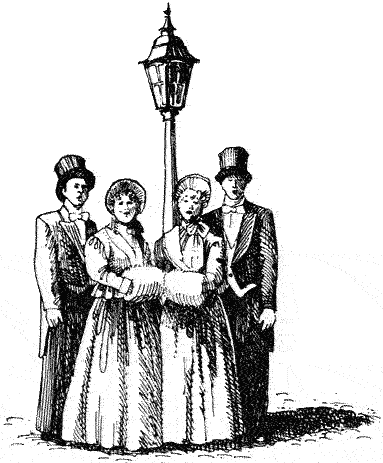
Christmas being a festive season, it is no wonder that people all over the world consider music to be a huge part of the celebrations. Can you just imagine Christmas without all those happy and cheerful songs playing all throughout the season? That would be plain boring. Something would definitely be missing.
So where did Christmas carols come from? Great Britain holds this honor. In fact, the origin of carols can be traced back to the Middle Ages when beggars sang songs on the street in order to beg for food, drink, and money. This was dubbed caroling or literally, singing carols in the street. This was also accompanied by dancing and other theatrical acts. As time went by, the meaning evolved and carols became mainly associated with Christmas songs.
Want to know some trivia about Christmas carols?
-During Oliver Cromwell’s time, singing Christmas carols was banned. This was from 1647 to 1660. The leader’s rationale was that Christmas ought to be a solemn period, not prone to revelry.
-Carol singers got into the habit of going from one house to another because of Cromwell’s banning the carols from the churches.
-The word carol is derived from the Greek word choros, which means to dance in a circle. It is also a derivation of the old French word carole, which means a song to accompany dancing.
-The highest selling Christmas carol is White Christmas, written by Irving Berlin. Even people from places which never see snow sing this song every Christmas.